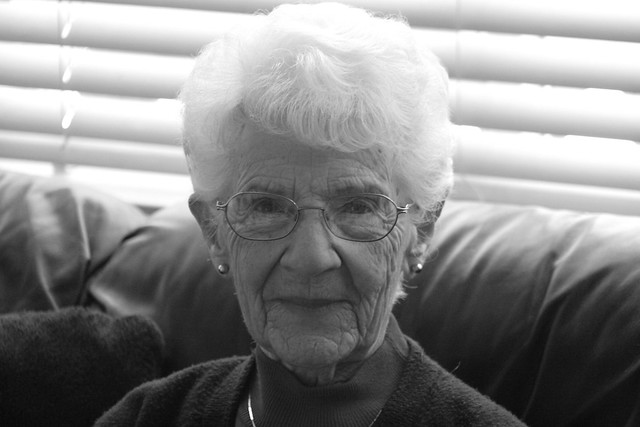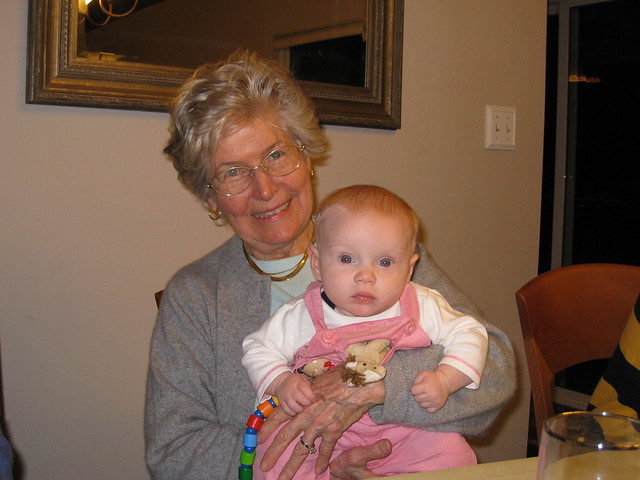How to stay connected with parents from far away

By Daniel Lewis
Following my mom’s diagnosis of dementia, I got stuck. I was in shock and had no idea what to do since I was working abroad. I couldn’t leave my job, my kids and my home overseas to come back and take care of her, and I felt incredibly guilty for that. I have no siblings and no relatives that could help, so I had to find a solution.
It took me a week to get used to the idea that mom had dementia. I needed time to process. I immediately started exploring the web for information; it was the least that I could do. Then I took two weeks off and left for my home country to make arrangements, talk to her doctor, and see what alternatives I had. Truth be told, I was an emotional wreck. But I had to get it together for my mom; I had to be strong for her.
Staying connected is difficult, but not impossible
As soon as I got home I scheduled a meeting with her physician, who gave me two options: homecare and assisted living care. I wanted what was best for my mom, and since I knew that the disease advances fast and it was incurable, I went for the second option. It took me a while to decide on a facility. I met with lots of administrators, social workers, nursing directors, managers, and nurses to make sure I made the right call.
The assisted living facility I chose looked amazing. They had all kinds of activities for seniors, and the rooms looked really clean and comfortable. The staff was very nice too. I really liked the place because it was tech-friendly. They have computers and cameras everywhere, and they even allow me to chat and see my mom over Skype. Since I won’t be able to visit that often, this fact alone convinced me to choose them. They offered me all kinds of tips to stay connected with my mom.
Keeping in touch with the caregiver
Since I couldn’t stay longer than two weeks, I thought it was a really good idea to stay in touch with my mom’s personal caregiver. She’s really nice, not to mention that she has lots of experience in healthcare. We keep in touch and chat over the phone almost daily. I like to know what’s going on as often as possible, and especially know details about how fast the disease is advancing. Mom’s caregiver seems to always know what she’s doing.
I send photos and videos with my family and me regularly. That way she can maintain a sense of sanity and remember us as much as possible.
Taking responsibility
I agree with public health officials that it’s extremely important to take responsibility, even from a distance. You may not be able to take care of your loved one in person, but there are alternatives you need to take into account. I for one, like how to know what’s going on with mom every day. I make daily calls to the facility to ask if everything’s okay and if there’s anything I can do to make things better.

Dementia is a nerve-racking disease, and I’ve gotten used to the idea that mom will never recover. We’ve already planned a trip in two months, and we’re taking the grandkids too. I strongly believe that nursing facilities are better than home care in a case like mine, even if they’re more expensive. Mom has activities she can engage in, and she’s never alone. She has a park on the site, and has many people her age there to interact with.
I’m in charge of all the paperwork, and all that can be done from a distance with the help of technology. Online I can see her, I can pay bills, and I can deal with all kinds of documents to make sure she has a comfortable lifestyle.
You can do it too. If you have siblings, ask them for help. Don’t isolate your aging parents from their loved ones. Use the tools you have at your disposal to stay connected, and that feeling of guilt that you can’t be there in person will attenuate. I’m always present, and I do whatever I can to come visit. I think this is extremely important too.
About the Author
Daniel Lewis is interested in writing about health and fitness related issues. He has a deep knowledge of this field and also writes for Forest Healthcare, which offers elderly care homes and retirement villages in London.
Editor’s Perspective
Many of the articles here at Modern Health Talk are about solutions for independent living and aging-in-place, because it’s usually much cheaper than institutional care, and 90% of seniors would rather stay in the familiar surroundings of their own home, close to their friends and family. But each situation is different, and Daniel picked a solution that worked best for him and his mom. I hope the articles posted here help you explore options and find something that works as well for you.
